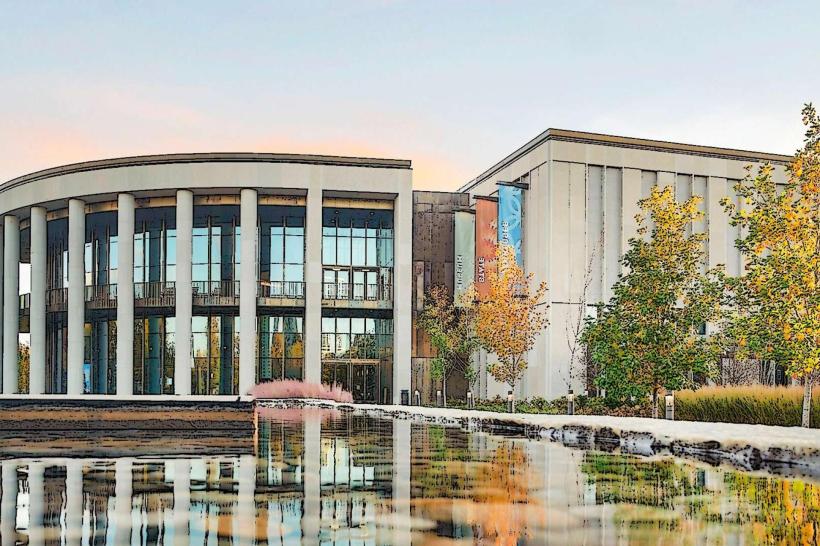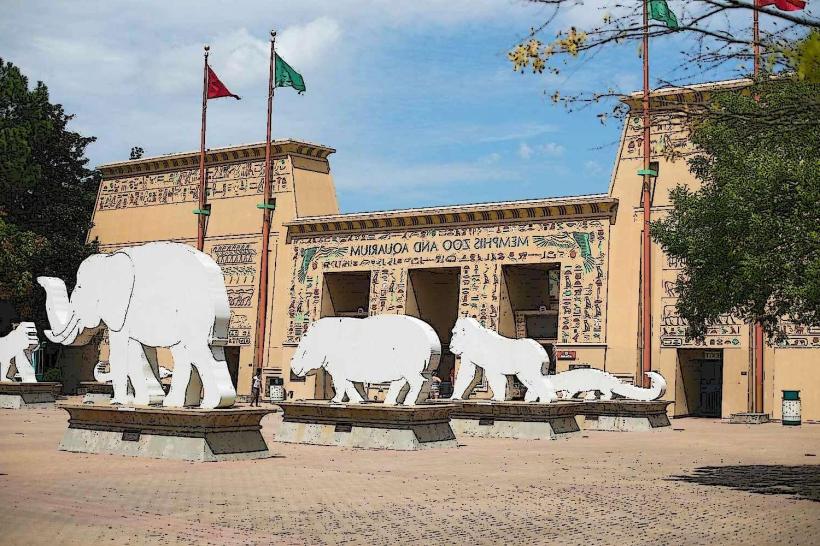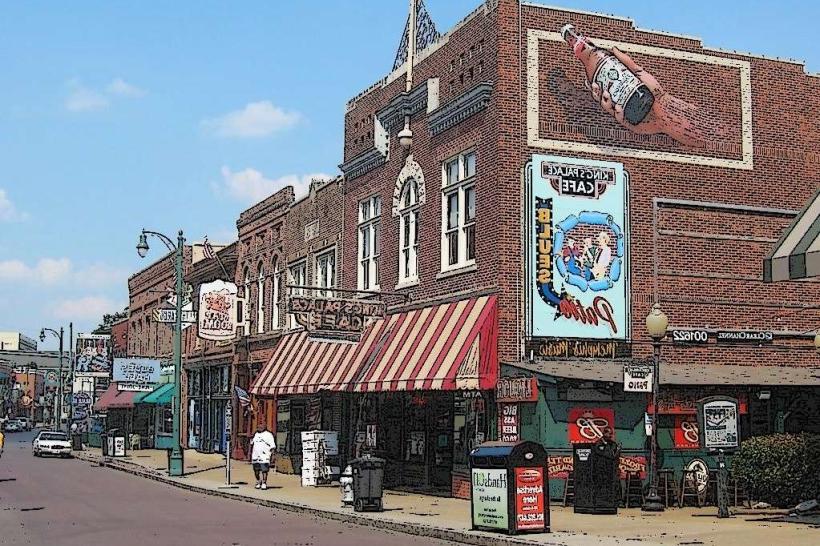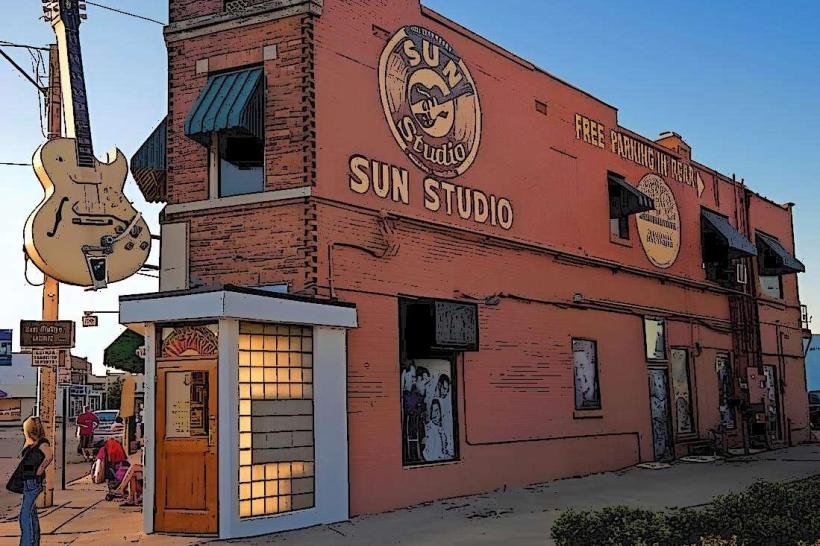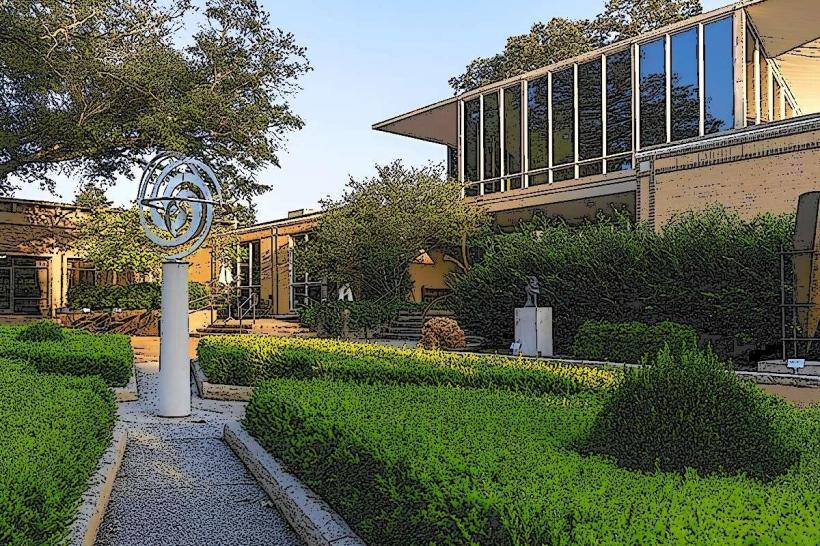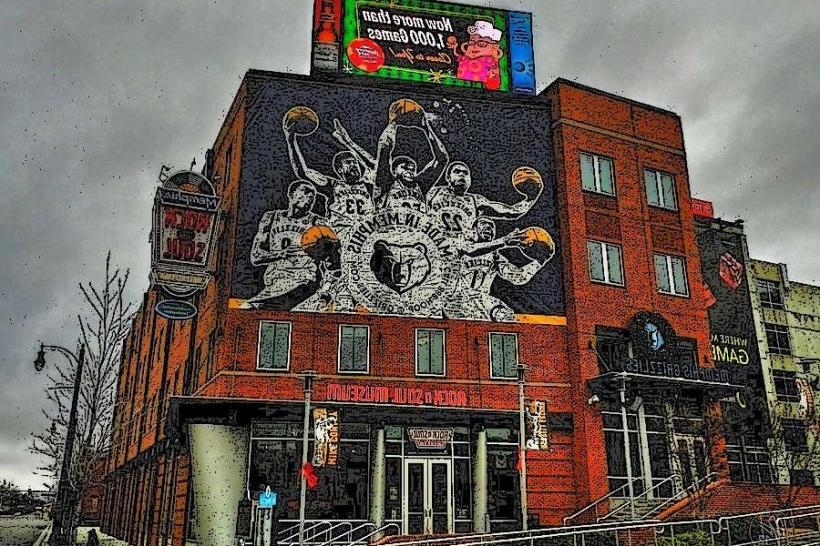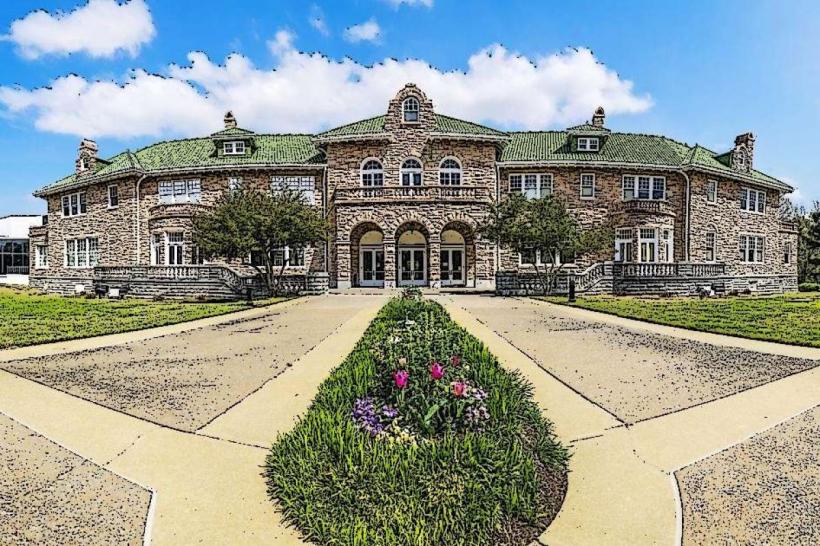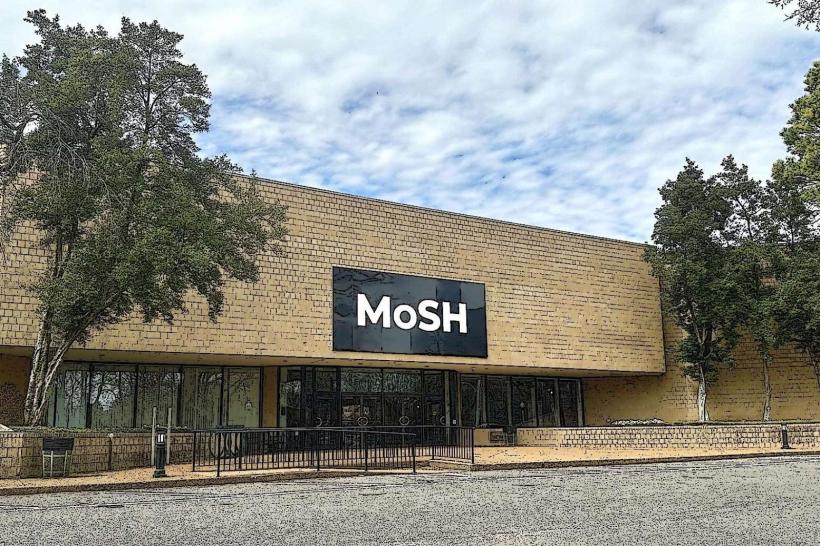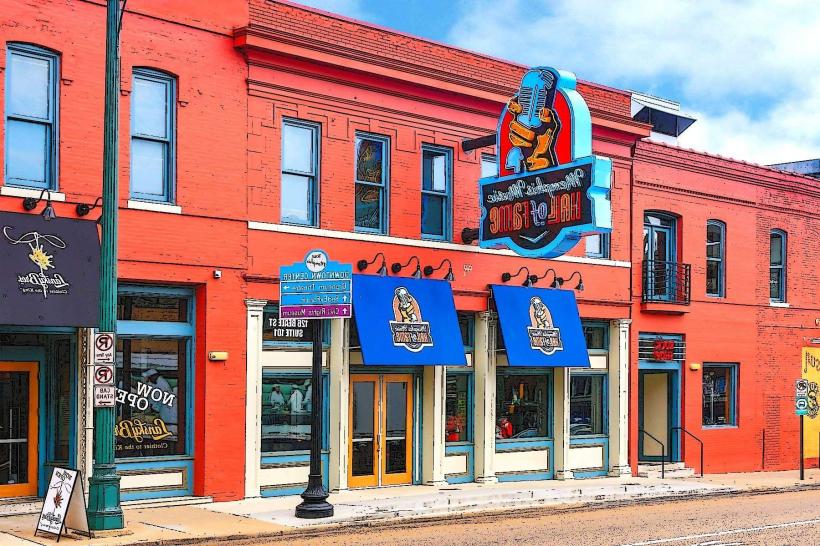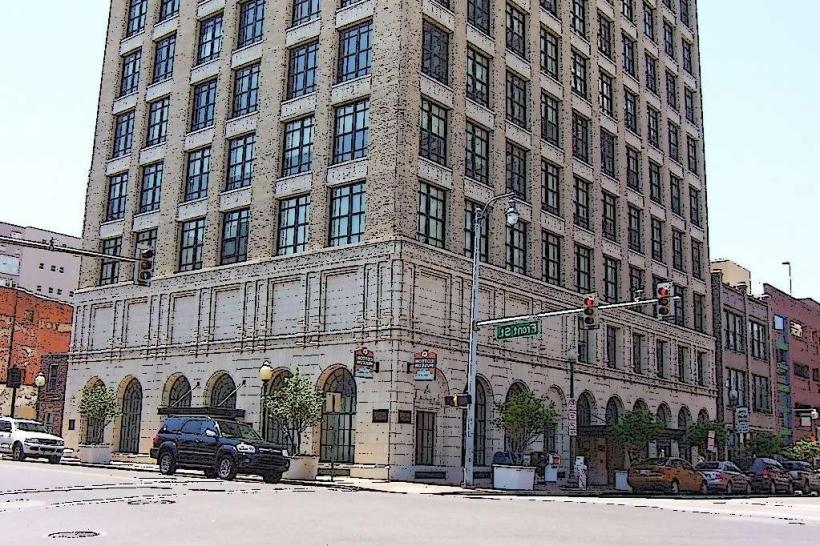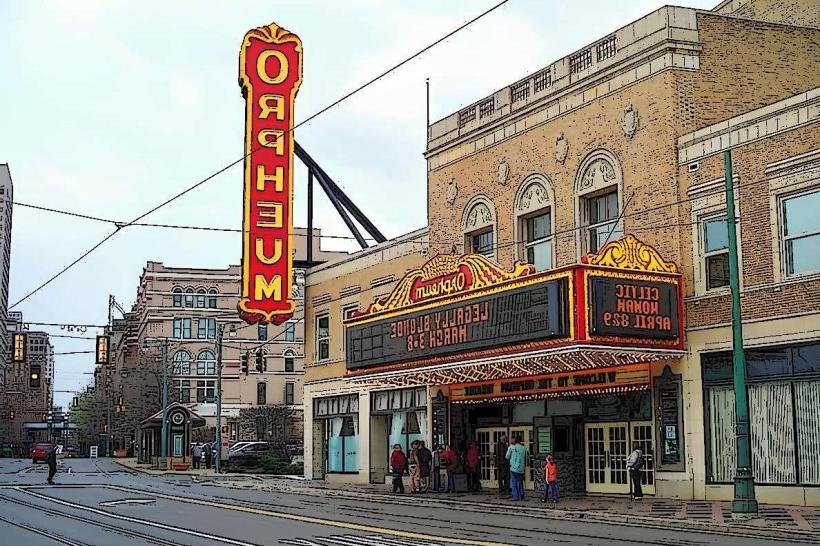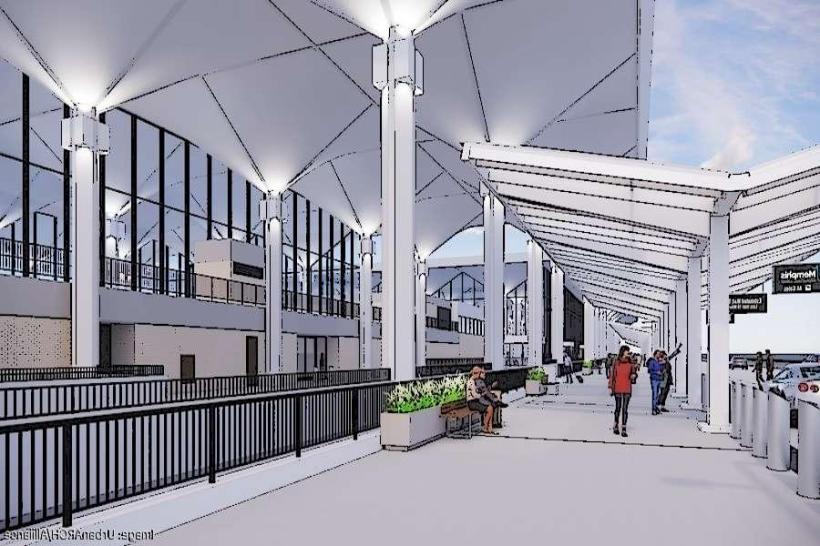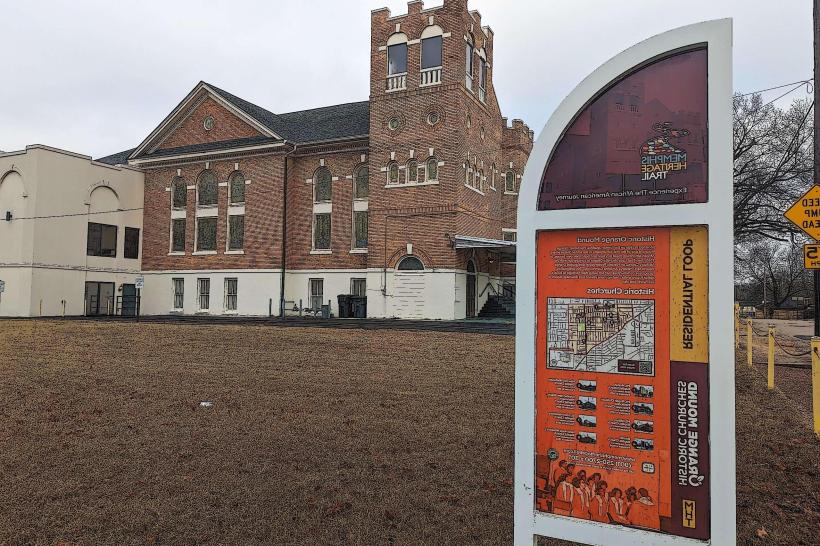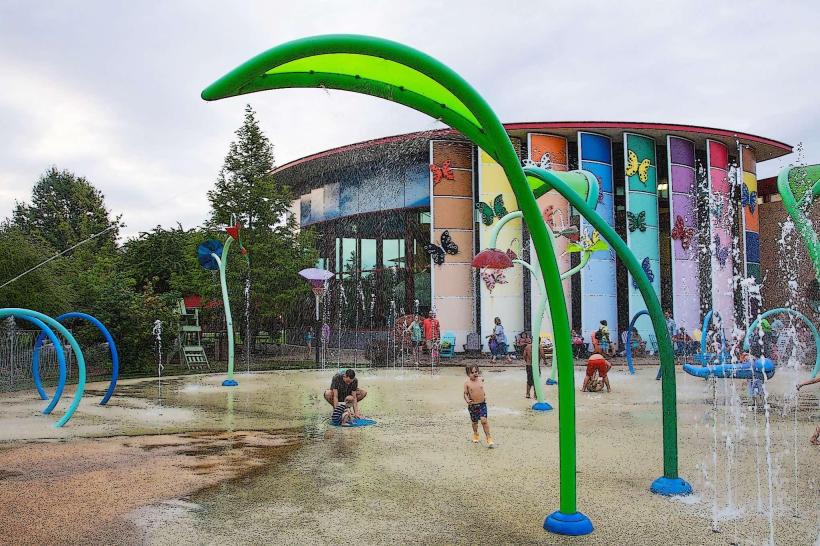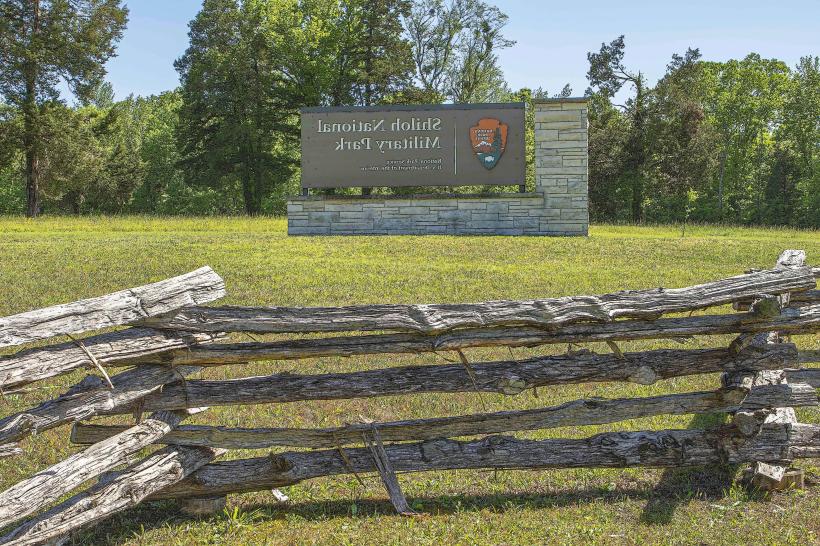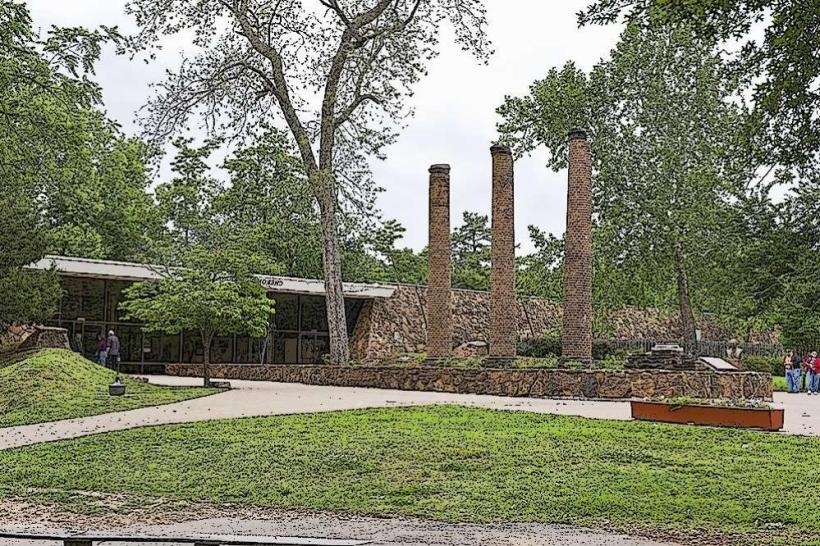Information
Landmark: Memphis Brooks Museum of ArtCity: Memphis
Country: USA Tennessee
Continent: North America
Memphis Brooks Museum of Art, Memphis, USA Tennessee, North America
The Memphis Brooks Museum of Art is a premier cultural institution and the oldest and largest art museum in Tennessee, with a rich history dating back to its founding in 1916. Located within the scenic and historic Overton Park in Memphis, the museum has become a cornerstone for the visual arts in the region, known for its diverse and comprehensive collection, innovative exhibitions, extensive educational programs, and community engagement.
Historical Background and Mission
Founded by a bequest from the Brooks family, the museum originally aimed to enrich Memphis by providing access to fine art and fostering cultural education. Over more than a century, it has grown to house an impressive collection of more than 10,000 works, encompassing a wide range of artistic periods and styles from antiquity to contemporary art.
The museum’s mission is to “create joy through the power of art,” emphasizing the transformative capacity of art to inspire, educate, and bring communities together. It maintains a strong commitment to inclusivity, diversity, and accessibility in all its programming and collections.
Collections
The Brooks Museum’s collection spans over 5,000 years of human creativity, organized into several key areas:
European Art: Featuring significant holdings in Renaissance and Baroque works, including paintings, sculpture, and decorative arts, many of which come from the Samuel H. Kress Collection. This collection provides insight into European artistic developments from the 15th to the 18th centuries.
Impressionist and Modern Art: The museum has important examples of Impressionist works, enriched by the Hugo N. Dixon Collection, including artists such as Monet, Renoir, and Degas. Modern and contemporary works explore movements such as Expressionism, Surrealism, and Abstract Expressionism.
American Art: A robust collection focused on prints, paintings, and sculpture spanning from early American history to present-day art. The Levy Collection offers an extensive survey of American prints, while the museum also showcases regional artists and works that reflect Southern culture.
Photography and Prints: The museum houses a significant body of photography, with both historical and contemporary images. It also includes an extensive print study room containing over 4,500 works on paper, supporting scholarly research and public appreciation.
Decorative Arts and Sculpture: From ancient pottery and glassware to modern sculpture, the museum’s decorative arts collection highlights craftsmanship and design traditions across cultures.
Special Collections: The Goodheart Collection is notable for its focus on works by Memphis-born artist Carl Gutherz, including paintings and archival materials, emphasizing the museum’s dedication to local art history.
Exhibitions
The Brooks Museum is renowned for its thoughtfully curated rotating exhibitions, which complement its permanent collection and bring global art trends and diverse perspectives to Memphis audiences. Recent and ongoing exhibitions include:
Thomas Jackson: Chaotic Equilibrium – Investigates the tension between chaos and order through abstract works.
Starry, Starry Winter Garden – A seasonal exhibition inspired by Van Gogh’s "Starry Night," blending visual and natural motifs.
Beyond the Surface: The Art of Handmade Paper – Showcases the intricate craftsmanship of paper-making as an art form.
Andrea Morales: Roll Down Like Water – A photographic series capturing moments of both turbulence and beauty in the American South.
In the Moment: Art from the 1950s to Now – A broad survey of contemporary art movements, highlighting evolving styles and social commentary.
Memphis on the Mississippi (Ode to Tom Lee) – Pays homage to local history and heroism through visual storytelling.
Art of the African Diaspora – Celebrates African heritage and its influence on global art.
Power and Absence: Women in Europe: 1500–1680 – Explores representations of women during a transformative era in European history.
Future exhibitions are scheduled to further expand this range, featuring contemporary artists and retrospective shows.
Architecture and Facilities
The current Brooks Museum building, nestled within Overton Park, includes:
29 Gallery Spaces: Providing diverse settings for permanent collections and temporary exhibitions.
Print Study Room: Housing over 4,500 prints, offering a research space for scholars and enthusiasts.
Research Library: Featuring more than 5,000 volumes covering art history, criticism, and museum archives.
Classrooms and Educational Spaces: Designed to host workshops, lectures, and hands-on art activities for all ages.
Auditorium: Equipped with advanced audiovisual technology for lectures, film screenings, and community events.
Feast and Graze Café: A museum café offering sandwiches, salads, and small plates, creating a comfortable social space for visitors.
Brooks Museum Store: Featuring art prints, exhibition merchandise, and handcrafted goods from local artists and artisans.
New Downtown Location
The museum is currently undertaking a significant expansion and relocation project, planning to open a new, state-of-the-art facility in downtown Memphis by late 2025. Designed by the internationally acclaimed architectural firm Herzog & de Meuron in collaboration with local architects archimania, the new building aims to:
Enhance public accessibility by situating the museum closer to Memphis’s riverfront and central cultural district.
Expand gallery and exhibition spaces to accommodate larger and more diverse shows.
Create flexible community spaces for educational programs, artist residencies, and cultural events.
Incorporate sustainable design elements and innovative architecture to make the museum a landmark destination.
This move is anticipated to invigorate Memphis’s cultural scene and further solidify the Brooks Museum’s role as a leading arts institution.
Educational and Community Programs
The Memphis Brooks Museum of Art offers a wide array of educational initiatives, including:
Art Classes and Workshops: For children, teens, and adults, encouraging hands-on learning and creative expression.
School Partnerships: Collaborations with local schools to integrate visual arts into the curriculum.
Lecture Series and Panel Discussions: Featuring artists, curators, and scholars discussing art history, contemporary trends, and cultural issues.
Family Programs: Interactive activities and special events designed to engage families and young visitors.
Community Outreach: Initiatives aimed at reaching underserved populations, ensuring art is accessible to all sectors of Memphis.
Visitor Information
Address: 1934 Poplar Avenue, Memphis, TN 38104, within Overton Park.
Hours:
Wednesday: 10 a.m. – 4 p.m.
Thursday: 10 a.m. – 8 p.m.
Friday: 10 a.m. – 4 p.m.
Saturday: 10 a.m. – 5 p.m.
Sunday: 11 a.m. – 5 p.m.
Closed Monday and Tuesday.
Admission:
Adults: $18
Seniors (55+), Students: $15
Youth (5–17): $10
Children under 5: Free
Free admission on Saturdays from 10 a.m. to 12 p.m.
Cultural Impact
The Memphis Brooks Museum of Art is a vital cultural asset, fostering appreciation for both historical and contemporary art. It serves as a bridge between Memphis’s rich Southern heritage and the global art community, providing residents and visitors with meaningful access to artistic innovation, cultural dialogue, and educational opportunities.
Through its robust collection, dynamic exhibitions, and vibrant programming, the Brooks Museum actively contributes to the artistic vitality and cultural identity of Memphis and the broader region.
In summary, the Memphis Brooks Museum of Art stands as a prestigious and dynamic institution committed to preserving and promoting the visual arts. Its extensive collections, thoughtful exhibitions, architectural elegance, and commitment to community engagement make it a must-visit destination for anyone seeking a profound artistic experience in Memphis. The upcoming downtown facility promises to enhance this legacy, extending the museum’s reach and impact well into the future.

